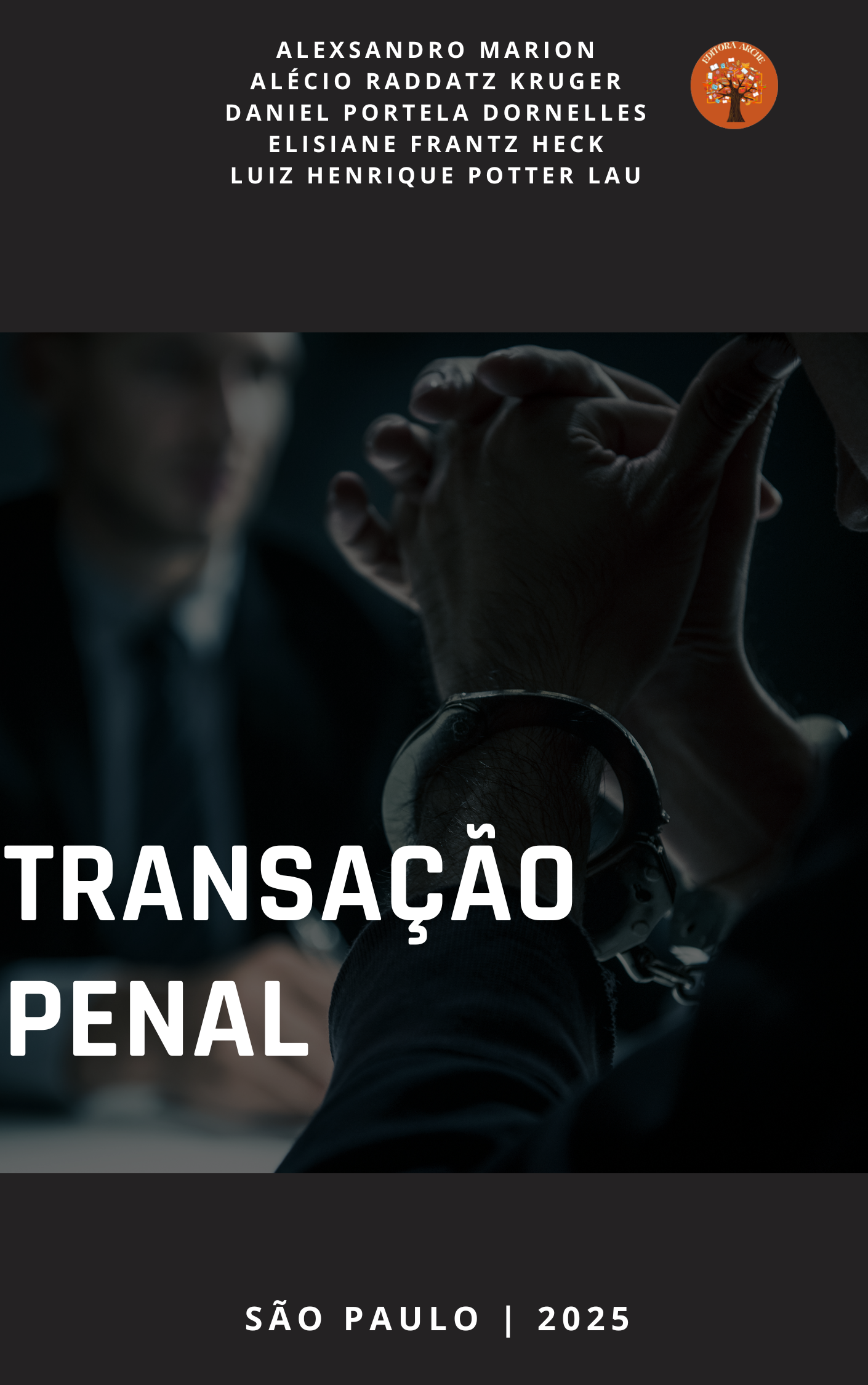CRIMINAL SETTLEMENT
Keywords:
Penal Transaction. Violation of Lower Offensive Potential. Law 9.099/95. Public Prosecutor.Abstract
Brazilian jurist has long been concerned with finding faster and more effective judicial alternatives for resolving disputes. Much has been discussed over the course of the more than eighty years of the Code of Criminal Procedure, which was introduced into our legal system in 1941 through the enactment of Decree Law No. 3,689, regarding the possibility of creating a faster and more objective justice system. Since then, there have been many advances and changes concerning the legal model. Among the main advances, if not the greatest, was the creation of the so-called Small Claims Court, which would establish consensual justice in Brazil. A pioneer in this practice, the State of Rio Grande do Sul stood out by installing the Conciliation and Arbitration Council in the District of Rio Grande in 1982, through a proposal by judge Luiz Antônio Corte Real. The Small Claims Courts, popularly known by this name, had as their main objective to bring the Judiciary closer to the poorest part of the population, facilitating access to justice in a faster and less expensive manner, so that people without financial resources tend to have less conditions and knowledge to access justice.
With the success of the Small Claims Courts, which instituted the benefit of conciliation for the parties, the legislator found himself obliged to create a law that would regulate the entire institute of consensual justice in Brazil. With the need for creation, it was seven years after the promulgation of the Federal Constitution of 1988, which included in its art. 98, I, the Special Courts, that the then President of the Republic, Fernando Henrique Cardoso, sanctioned Law 9.099/95 that would regulate the Special Civil and Criminal Courts. With the enactment of this law, expectations were raised for greater speed and effectiveness in the Common Justice system, both in the Civil and Criminal spheres.
The main objectives of the Courts would be to reintegrate and educate offenders, without custodial sentences, but only through agreed sanctions, whether monetary penalties (fines) or restrictions on rights, in addition to jurisdictional action on crimes of lesser potential harm and misdemeanors. It is in this context that the institutes of Penal Transaction and Conditional Suspension of Proceedings come into play.
Organized into 04 (four) chapters, the book will be proposed through the hermeneutic method, using bibliographical and case law research so that, in the end, we can have real knowledge of the benefits of conciliatory means, both for the perpetrator of the act, for the victim, for the Public Prosecutor's Office, and for the Brazilian Justice system.
In Chapter 1, we will briefly review the history of the creation and enactment of Law 9,099/95, where, when and by whom the special courts were created and the basic principles that guide them.
In Chapter 2, we will address the elements of jurisdiction, composition and procedures provided for in the Special Criminal Courts. All of these are based on art. 60 of Law 9,099/95, which provides for judges and lay judges, and establishes the jurisdiction of the Courts to conciliate, judge and execute minor criminal offenses and misdemeanors.
In Chapters 3 and 4, the generic and basic requirements for offering a plea bargain, as well as its objectives and whether or not the Public Prosecutor's Office is obligatory for the perpetrator of the crime.
We wish you an excellent read!
The authors,
Alexsandro Marion
Alécio Raddatz Kruger
Daniel Portela Dornelles
Elisiane Frantz Heck
Luiz Henrique Potter Lau
Downloads

Downloads
Published
How to Cite
License
Atribuição CC BY
